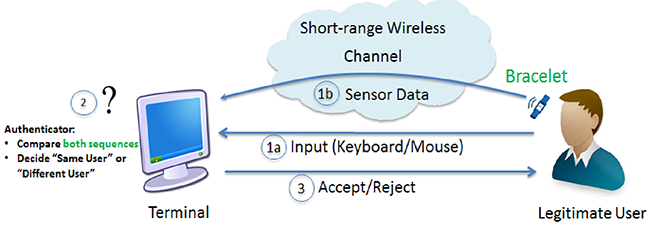“The findings show an industry in turmoil: lack of executive support; insufficient talent; improper implementations of technology; outdated understanding of adversaries; lack of leadership, and a misguided reliance upon compliance,” the team said.
“[It] illustrates our greatest fear: patient health remains extremely vulnerable. One overarching finding of our research is that the industry focuses almost exclusively on the protection of patient health records, and rarely addresses threats to or the protection of patient health from a cyber threat perspective.”
Hospital information security is “drastically” underfunded, training flawed at all levels, networks are insecure, and policy and audits largely absent and at best flawed when they do exist.
Source: Patient monitors altered, drug dispensary popped in colossal hospital hack • The Register








